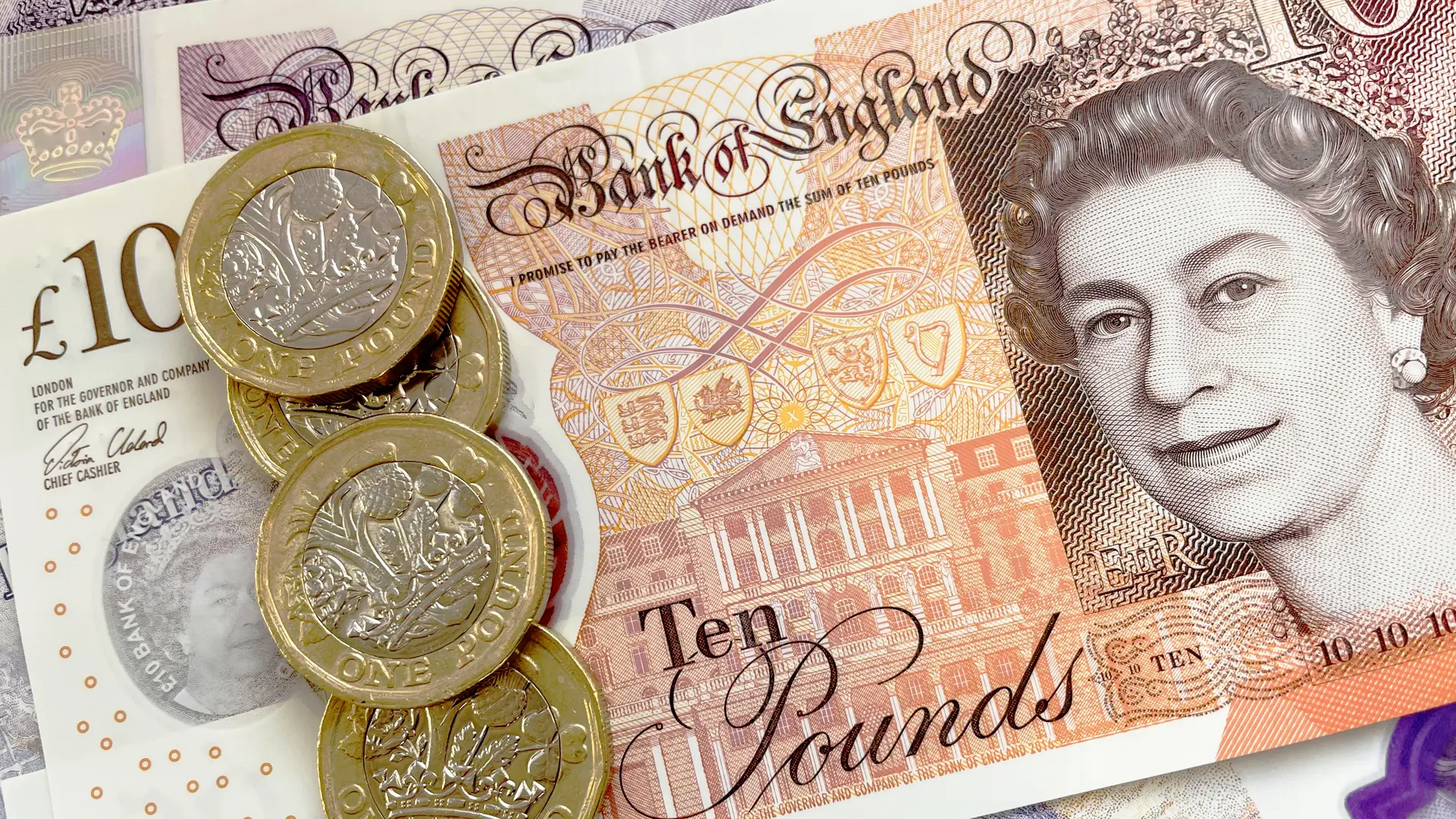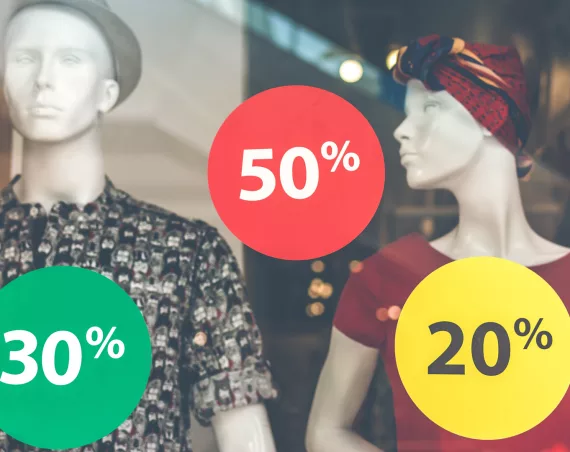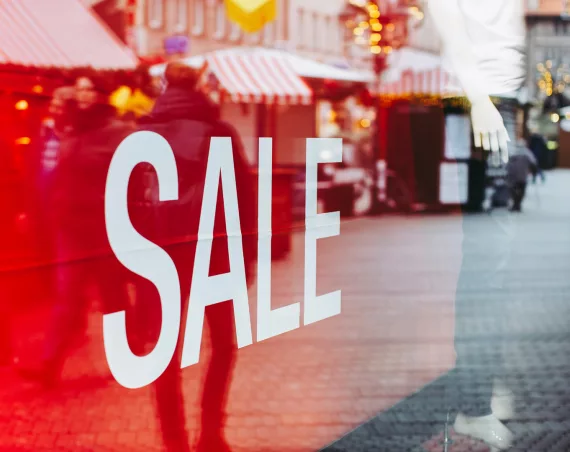
Verbs to talk about money
Powered by RedCircle
Hello and welcome to Learn English Vocabulary. My name is Jack and I’m making this podcast for you to learn or revise English vocabulary. You can find a transcript of this podcast on LearnEnglishVocabulary.co.uk. So if you would like to read and listen at the same time, visit the LearnEnglishVocabulary website. There’s a page for this podcast with the transcript, an activity and a task for you to do in the comments section.
Today I am making this podcast for A2 learners. I am going to talk about vocabulary connected to money. The vocabulary might be a bit easy for most of my listeners, but I’ve not made an A2 podcast for a long time.
So today, I want to talk about money.
What verbs do you think of when I say the word money?
What can you do with money?
You can spend money.
You can pay someone.
You can buy something or sell something.
You can talk about the price and you can say what something costs.
OK, you can spend money. The verb to spend is what you do when you use your money to buy something. You spend money. So you might spend £10 on a book or you might spend £60 on a video game.
To spend is similar to the verb to pay. Listen to these examples:
How much did you pay for that?
I paid £10.
How much did you spend on that?
I spent £10.
So apart from the different prepositions, pay for, spend on, these examples look the same. However, the meaning is slightly different. The verb spend just means to use money, to exchange money for things. The verb pay means to give someone money for a service or for something they are selling. So if want to take something from a shop, you have to pay the shopkeeper. You have to pay fees and pay the bill in a restaurant. You have to pay taxes. The verb spend is about the amount of money you pay. You might say, I spent £20 on a train ticket, or, I don’t have any money left because I spent it all.
There are still lots more verbs that we use to talk about money. When you go into a shop and pay the shopkeeper money for something, what other money verbs can you use? So if you go into a bookshop and pay the shopkeeper £10 for a book what other verbs can you use to describe this?
You can use the verb to buy. This is similar to pay, but it’s about the thing that you are exchanging money for. It is irregular, the past form is bought. I went into the bookshop and I bought a book. I bought a loaf of bread at the bakery. I bought a new umbrella at the erm … umbrella shop. I don’t know what sort of shop has umbrellas.
Do you know what the opposite of the verb to buy is? It is to sell. So bakers make bread and sell it at the bakery. Butchers sell meat and supermarkets sell lots of things. I like to buy second-hand things, that is things that are not new, but still good, things that people don’t want or need anymore, things that they want to sell. I like to look at adverts online, like on ebay and facebook to see what people want to sell.
When you are in a shop, normally, things have small labels on them, that say how much money you have to pay for them. Do you know the word for these labels? The small labels that show how much money you have to pay for things are price tags. The word tag is similar to label and the price is the amount of money that you have to pay. If you are in a shop and you see something that you like that doesn’t have a price tag, you can ask the shop assistant, what the price is. So you might ask:
How much is this?
Or you might ask:
What’s the price?
And there’s another verb you can use in this situation. You can ask how much or what something costs. So in a bookshop, you might pick up a book with a price tag that says £10. You could say:
The book costs £10.
We often use it in the past tense to say how much we paid for something. This is another irregular verb and the past tense is cost. If someone asks you how much did you pay for that book? You could say:
The book cost £10.
I’ve looked at the verbs spend, pay, buy, sell, cost and the noun price. I think that this is the most important A2 money vocabulary and that if you can use these words, you will be able to use shops in the UK. There is one important question that you will need to be able to answer if you ever go shopping in the UK. When you go to pay, the cashier or shopkeeper will ask you:
Cash or card?
Cash means physical money, notes and coins. I don’t use cash much these days unless I am buying something second-hand. ‘Card’ in this instance means credit or debit card. I think that this is the same everywhere.
When you go to the till, that is, the place where you pay, there will be a machine that processes the sale. It used to be a big machine called a till or cash register, a bit like a typewriter with a window that showed you how much you had to pay, but today it’s normally like a computer. Next to the till, there will be a card reader. This is a machine that you can use to pay by card. In the past, you had to put your card into the card reader and type your secret number, your pin.
If you are spending less than £100, you can pay using contactless. This is using the chip in your card to pay by tapping it on the card machine. Or you can pay using your phone if you have a phone with a payment app. The cashier in the shop will still just ask:
Cash or card?
Because they want to know if they need to use the card reader.
In some places, especially cafes, they don’t take cash anymore and you can only pay by card or phone. And occasionally, you find places that only take cash. I went to a little shop near the border with Wales and they only had a big old-fashioned cash register. But that place was unusual and it felt a bit like I had gone back in time.
I hope you have enjoyed this podcast. As always, I love reading your comments so please leave me a comment on the site or a rating or a review on Apple podcasts. You can also leave a comment on Spotify. I love to hear from you and any comments or suggestions you have.
If there are any topics or songs or scenes from a film that you would like me to talk about or anything else you would like to hear, I would be delighted to make a podcast for you. So please visit LearnEnglishVocabulary.co.uk and say hello.
Thanks for listening.




